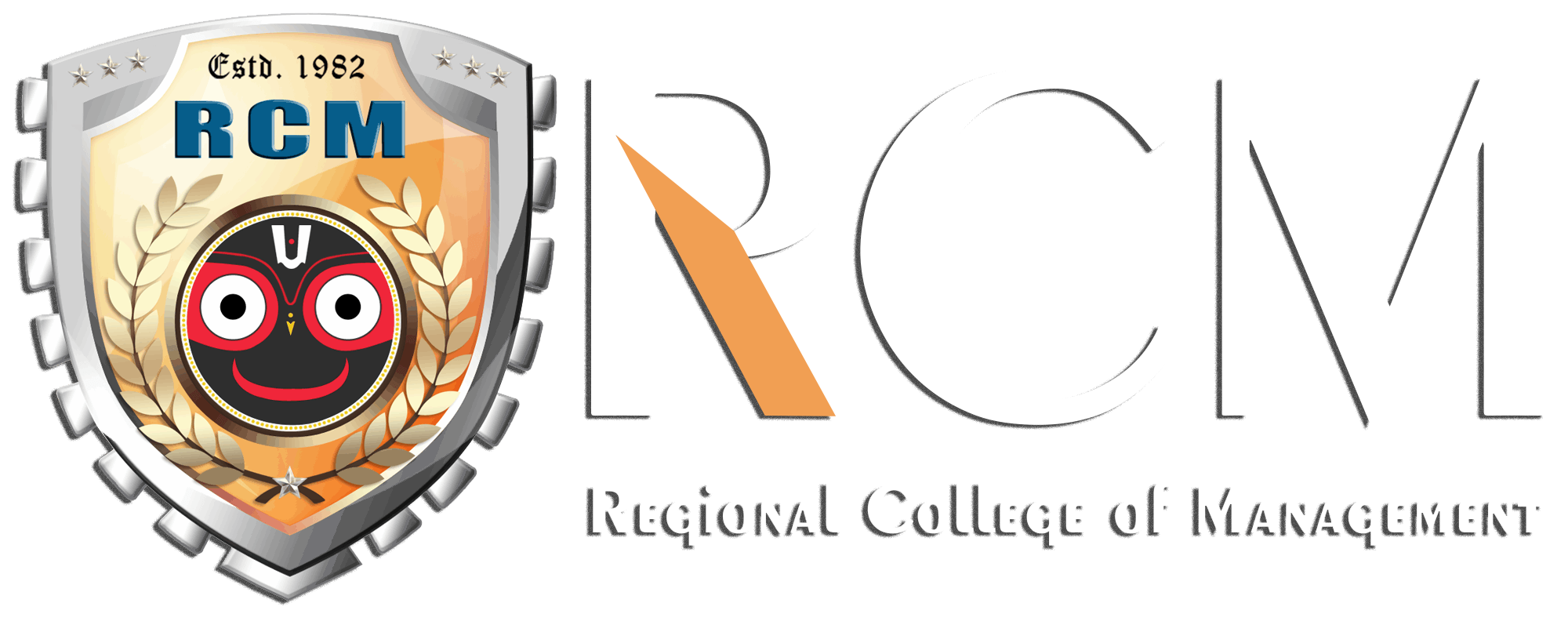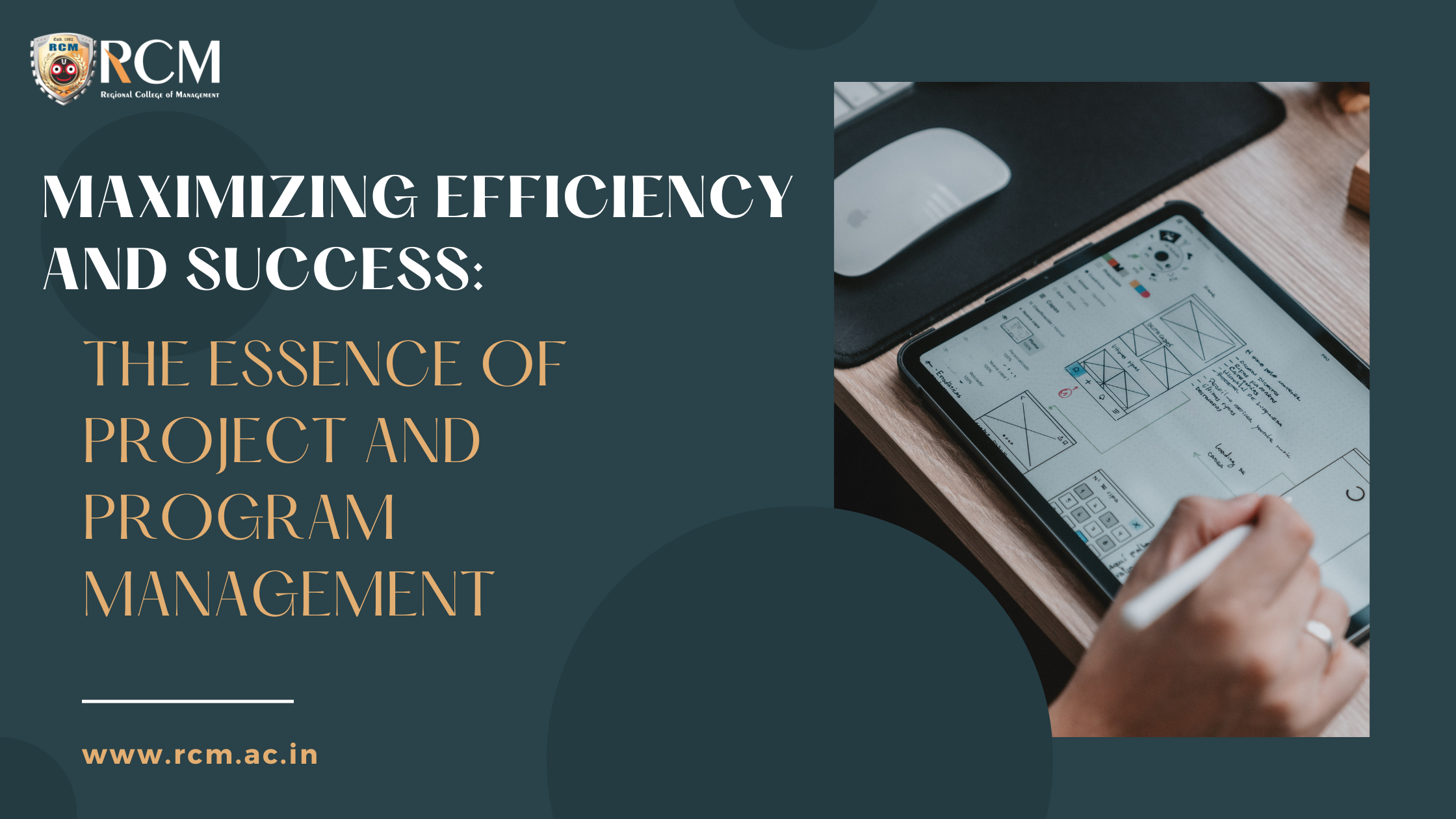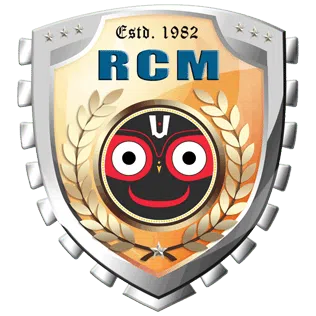Written by: Dr. Manas Ranjan Debata || Dean Academics
Introduction
Effective management is crucial for achieving success in any endeavor. In the realm of projects and programs, the best use of available resources is a key aspect of successful management.
This blog explores the essence of project and program management, highlighting their fundamental principles and the importance of maximizing resource utilization to deliver desired outcomes.
Project Management
Project management involves the application of knowledge, skills, tools, and techniques to project activities to meet specific requirements. Projects consist of a series of tasks with defined outcomes, deliverables, planned budgets, schedules, and allocated resources.
Sound project management is essential for effective policy development and deployment. It ensures that projects are executed in an organized manner, meeting objectives efficiently.
Program Management
Program management focuses on managing multiple related projects to achieve broader organizational goals. While project management is more content-focused, program management is concerned with the context, outcomes, results, and costs associated with project portfolios.
Program managers engage in strategic tasks, such as aligning projects with business objectives, managing people, politics, negotiations, and handling change management. Their role is to maximize return on investment and value delivery by ensuring projects are completed on time, within budget, and with the desired level of quality.
Key Distinctions between Project and Program Management
Focus
Project management emphasizes content, scope, schedules, and resources, while program management places greater emphasis on the context, outcomes, results, and costs associated with project portfolios.
Tasks
Program managers perform more strategic tasks, such as aligning projects with business strategy and objectives, managing people and negotiations, and handling change management. Project managers focus more on technical tasks, such as managing project activities and handling risk management.
Responsibilities
Program managers are responsible for maximizing return on investment and value delivery by ensuring the completion of projects on time, within budget, and meeting quality standards. Project managers are responsible for delivering projects on time, within budget, and ensuring project requirements are met.
Maximizing Efficiency and Success
To make the best use of available resources, both project and program managers need to prioritize efficiency and success. This can be achieved through various strategies, including:
Resource Optimization
Effective resource allocation and utilization are crucial for maximizing efficiency. Managers should carefully plan and allocate resources, ensuring they are aligned with project requirements and timelines.
Effective Communication
Open and clear communication among team members, stakeholders, and project/program managers is vital for streamlining operations, avoiding duplication of effort, and minimizing misunderstandings.
Risk Management
Identifying and managing risks proactively is essential for minimizing disruptions and ensuring project/program success. This includes conducting risk assessments, developing mitigation plans, and regularly monitoring and addressing potential risks.
Continuous Improvement
Encouraging a culture of continuous improvement allows for learning from past experiences, identifying areas for enhancement, and implementing best practices to enhance future project and program outcomes.
Stakeholder Engagement
Engaging stakeholders throughout the project/program lifecycle fosters collaboration, helps manage expectations, and increases the likelihood of success. Understanding and addressing stakeholder needs and concerns can lead to stronger support and more favorable outcomes.
Performance Measurement
Establishing key performance indicators (KPIs) and regularly monitoring progress against these metrics helps assess project/program performance, identify areas for improvement, and make necessary adjustments.
Conclusion
Maximizing efficiency and success in project and program management involves strategic resource utilization, effective communication, risk management, continuous improvement, stakeholder engagement, and performance measurement.
By embracing these principles and implementing sound management practices, project and program managers can optimize outcomes, deliver value, and contribute to organizational success.
Efficient resource management is at the core of achieving these goals, ensuring that projects and programs are executed effectively, within budget, and by way of optimum utilisation of resources.






















